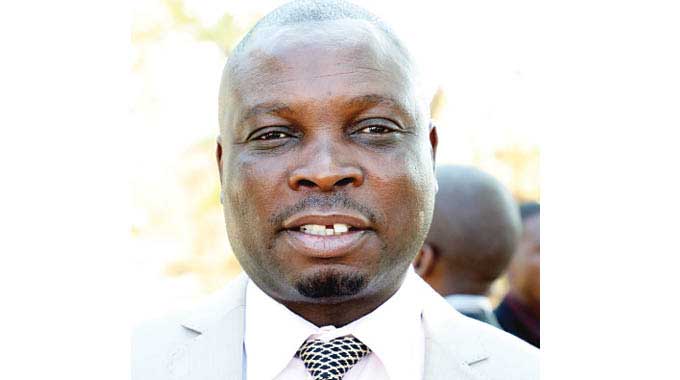Government remains biggest social safety net provider

Nqobile Tshili, Chronicle Reporter
GOVERNMENT remains the biggest social safety net provider for vulnerable citizens in the country, being able to cushion at least 61 percent of people in rural areas, which is a seven percent jump when compared to 54 percent last year.
While Government aid to rural communities has increased, the support received by communities from United Nations Agencies and non-governmental organisations (NGOs) dropped by 12 percent in 2022 from 26 percent last year.
Relatives based in the Diaspora as well as urbanites became the second largest source of social security providers for rural communities at 15 percent.
This is contained in the Zimbabwe Vulnerability Assessment Committee (2022) Rural Livelihoods Assessment (RLA) report recently adopted by Cabinet.
ZimVAC is responsible for advising the Government on the strategic direction in food and nutrition security.
The report observes that most rural communities are dependent on agriculture for their livelihoods hence the erratic rains recorded in the 2021/22 summer cropping season left most families food insecure.
The report further shows that about 75 percent of rural households countrywide received social support and commends the Government and development partners for maintaining consistency in their support to the vulnerable population.
“Government is applauded for being the major source of support in rural areas as reported by 61 percent of the households.
UN/NGOs provided support to 14 percent of the rural households.

United Nations
Government support increased from 54 percent reported in 2021 to 61 percent in 2022.
Support from UN/NGOs decreased from 26 percent in 2021 to 14 percent in 2022,” reads the report.
The ZimVAC report also states that 70 percent of rural households received farming inputs from Government while 22 percent received food relief.
Mashonaland West had the highest proportion of households that received crop inputs support at 86 percent compared to Matabeleland North, which had the lowest number of beneficiaries at 46 percent.
The report also shows that Matabeleland North has the highest number of food insecure rural communities at 45 percent while Mashonaland West has the lowest beneficiaries at 10 percent.
The Government also supports rural communities through the provision of tick grease for livestock farmers.
The report shows that 3,7 percent of livestock farmers are provided with tick grease for cattle with Matabeleland South being the largest beneficiary of the programme with eight percent of the supplementary dipping chemical.
Matabeleland North comes second as at six percent of the farmers who received tick grease.
The report shows that NGOs and UN agencies supported 65 percent of households with food while 16 percent with farming inputs.
“Matabeleland North (82,8 percent) had the highest proportion of households that received food support while Mashonaland West (22 percent) had the least.
Mashonaland Central (46,3 percent) had the highest crop input support while Masvingo (7,7 percent) had the least,” reads the report.
Public Service, Labour and Social Welfare Deputy Minister Lovemore Matuke said it was the sole responsibility of the Government to provide food to the vulnerable.
He said the ZimVAC report shows that the Government is fulfilling its mandate of providing to the vulnerable.
“Even the NGOs that are providing to the vulnerable also coordinate with the ministry so that there is no duplication of beneficiaries.
“But the Government still provides 10 times more than the donor agencies and will remain responsible to provide for the vulnerable so that even when donor agencies pull out communities are not left desperate.
The Government has made a commitment that no one will die because of hunger,” said the Deputy Minister.
He said the release of the ZimVAC report means that Government is now aware of all the food insecure communities and will scale up food distribution to them.
Matabeleland North Provincial Affairs and Devolution Minister Richard Moyo said communities in his area are some of the worst affected by climate change hence low agricultural yields.

Matabeleland North Provincial Affairs and Devolution Minister Cde Richard Moyo
“The province has been affected by the adverse effects of climate change.
We have been receiving poor rains despite the efforts being put in by our people in farming so that leaves a lot of people in Matabeleland North vulnerable and dependent on Government aid,” he said.
“However, Government is alive to the plight of its people hence the support it is giving to them in line with the electoral manifesto of the ruling party that it will stand with its people,” said Minister Moyo.
He said the tick grease that is provided to farmers is done in recognition of the fact that Matabeleland region is a cattle farming region.
– @nqotshili











Comments